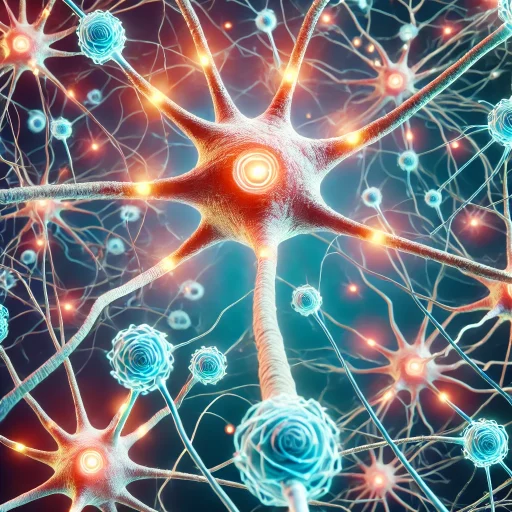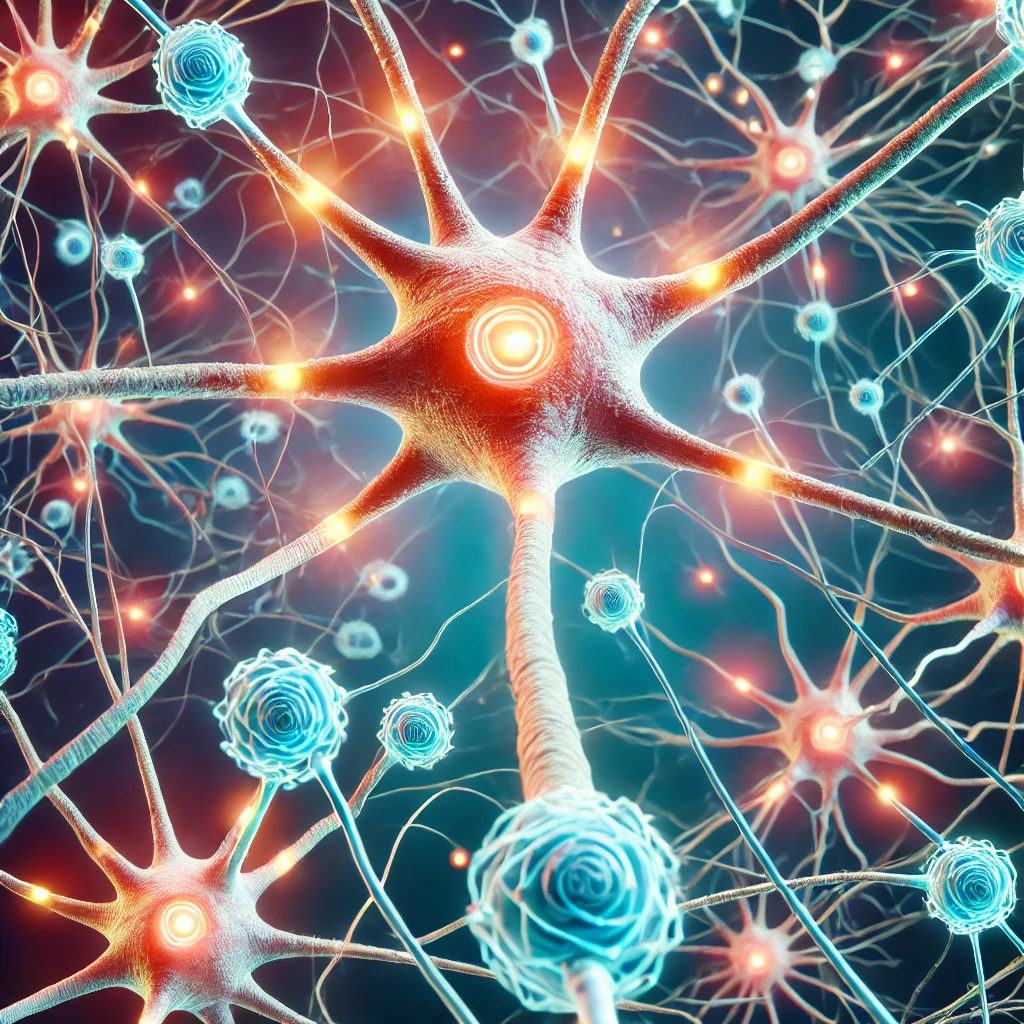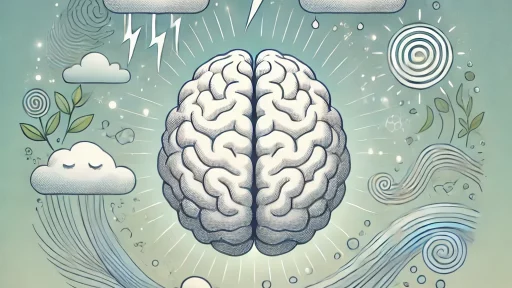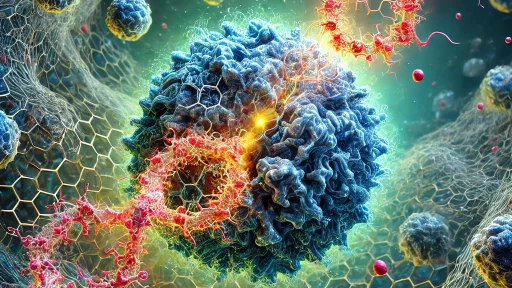Scientists Discover the “Glue” That Keeps Our Memories Intact
Researchers have uncovered a fascinating molecular mechanism that explains how memories can last for years, even though the components of our brain are continually replaced. The key lies in two molecules—KIBRA and PKMzeta—working together to stabilize long-term memories by acting like molecular glue.
How the Brain Maintains Memories
Synapses, which connect neurons, are vital for memory storage. However, the molecules within synapses are unstable, constantly breaking down and being replaced. Despite this turnover, our memories can remain intact. This study shows that KIBRA, a structural protein, acts as a “persistent synaptic tag.” It anchors to important synapses and binds with PKMzeta, an enzyme that strengthens these connections. Together, they maintain the stability of the synapse, ensuring the memory stays intact over time【9】【11】.
Breaking and Enhancing Memories
In experiments using mice, scientists discovered that disrupting the bond between KIBRA and PKMzeta erased old memories. On the other hand, adding extra PKMzeta improved weak or fading memories—but only when guided by KIBRA to the appropriate synapses. This finding highlights the importance of precise molecular interactions in memory formation【10】【11】.
Inspired by Ancient Philosophy
The researchers compared this mechanism to the ancient Greek thought experiment called “Theseus’s Ship.” In this philosophical scenario, a ship’s planks are gradually replaced over time, yet the ship remains the same. Similarly, even as the proteins in our brain are constantly renewed, the KIBRA-PKMzeta bond ensures that our memories remain stable【8】【12】.
Implications for Memory-Related Conditions
This discovery offers new hope for treating conditions like Alzheimer’s disease and PTSD by developing therapies targeting this molecular glue. Strengthening or restoring KIBRA-PKMzeta interactions may help preserve memories in individuals suffering from memory-related disorders【9】【11】.
—
Sources
– [StudyFinds]
– [ScienceDaily]
– [Neuroscience News]
– [Technology Networks]





